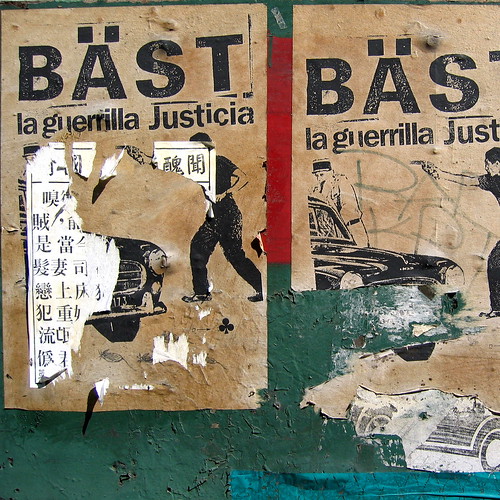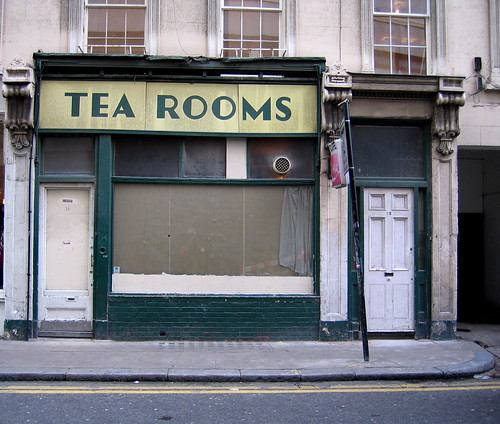Monday, March 28, 2005
power station
The connection of this picture to the music of Pink Floyd is, in reality, tenuous, but pretty obvious:
...In the late 1980's, Yakutsk musicians in the Arctic regions of Siberia became obsessed with the music of Pink Floyd. All the best young bands sounded like Pink Floyd except somehow more immediate and more authentic. It was a cargo-culture phenomenon. Asked to explain how a renegade copy of Dark Side of the Moon could galvanize an entire subculture, one musician said, "The sound reminded us of the snow."Destiny in My Right Hand: "The Wreck of Old '97" and "Dead Man's Curve" an essay by Dave Thomas (lead singer and founder of Pere Ubu) in The Rose and The Briar: Death, Love and Liberty in the American Ballad. edited by Sean Wilentz and Greil Marcus, Norton, New York, 2005.
Thursday, March 24, 2005
Assassin
This bullet is an old one.
In 1897, it was fired at the president of Uruguay by a young man from Montevideo, Avelino Arredondo, who had spent long weeks without seeing anyone so that the world might know that he acted alone. thirty years earlier, Lincoln had bee murdered by that same ball, by the criminal or magical hand of an actor transformed by the words of Shakespeare into Marcus Brutus, Caesar's murderer. In the mid-seventeenth century, vengeance had employed it for the assassination of Sweden's Gustavus Adolphus in the midst of the public hecatomb of battle.
In earlier times, the bullet had been other tings, because Pythagorean metempsychosis is not reserved for humankind alone. It was the silken cord given to viziers in the East, the rifles and bayonets that cut down the defenders of the Alamo, the triangular blade that slit a queen's throat, the wood of the Cross and the dark nails that pierced the flesh of the Redeemer, the poison kept by the Carthaginian chief in a n iron ring on his finger, the serene goblet that Socarates drank down one evening.
In the dawn of time it was the stone that Cain hurled at Abel, and in the future it shall be many things that we cannot even imagine today, but that will be able to put an end to men and their wondrous, fragile life. -- In Memoriam, J.F.K., Jorge Luis Borges
Tuesday, March 22, 2005
tea rooms
A tea-shop is a delightful place. It is the milestone that marks the end of a day's work.
In the provinces, and particularly in the north and in Scotland, where men take tea with passionate sincerity, frequently starting with sardines and ending with apple tart, the tea-shop occupies an appropriately massive position in daily life. London's tea-shops are, however, talk-shops, refuges from a day's shopping, trysting-places after a terrible eight hours' separation.
O, the eyes that meet over a muffin every afternoon in London; the hands that thrill to a casual touch beneath the crumpet plate. . .
London's tea-shops are of many kinds, from the standardized shop to the good pull-up for millionaires constructed on the Paris plan, where slim Gruyere sandwiches hide in paper coats, and cakes taste of Benedictine, and bills have a queer habit of working out at fifteen shillings.
Then, of course, there is the cosy type of tea-shop run on amateur lines where genteel young women who do not seem to have forgotten William Morris bend wistfully over the meringues in brown or sage green crepe de Chine gowns and an air shattered romance. -- Women and Tea from The Heart of London by H.V. Morton, Methuen, 1922.
Where do hands not thrill to a casual touch beneath the crumpet plate. The memory of the memory of the tea shop is fast fading in London. You'll get the same tea-bag in six ounces of tepid water you get anywhere else in the world, and you'll like it.









